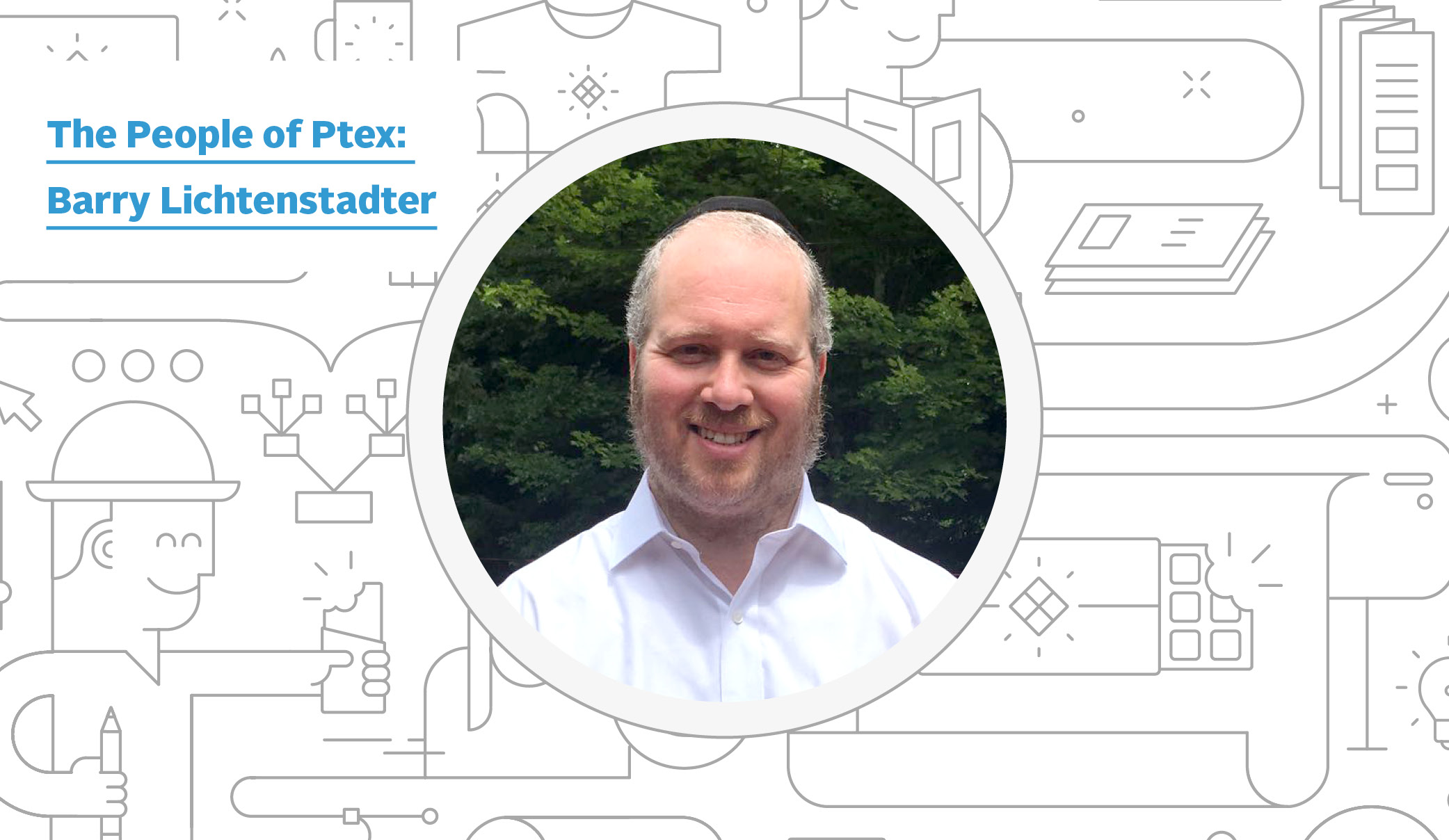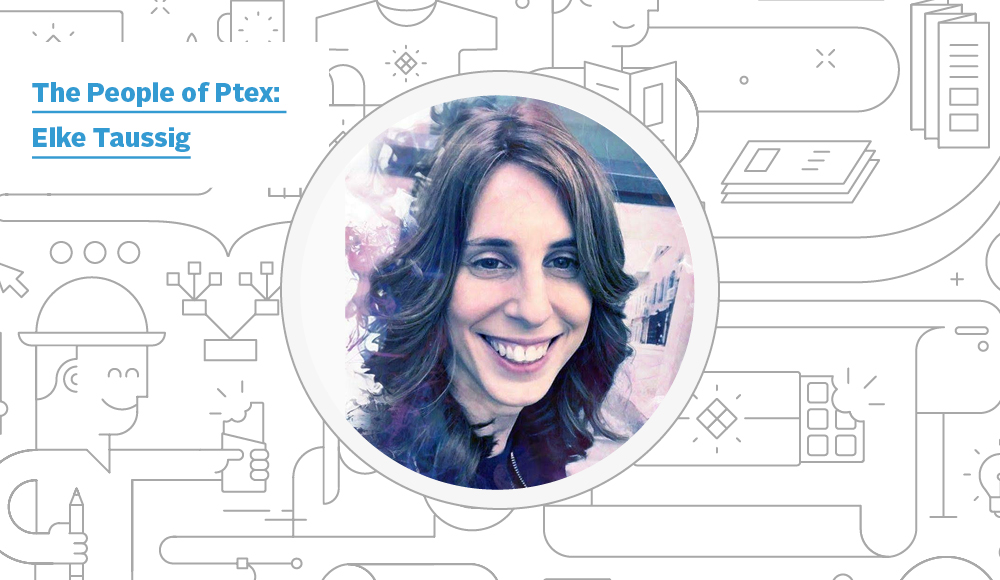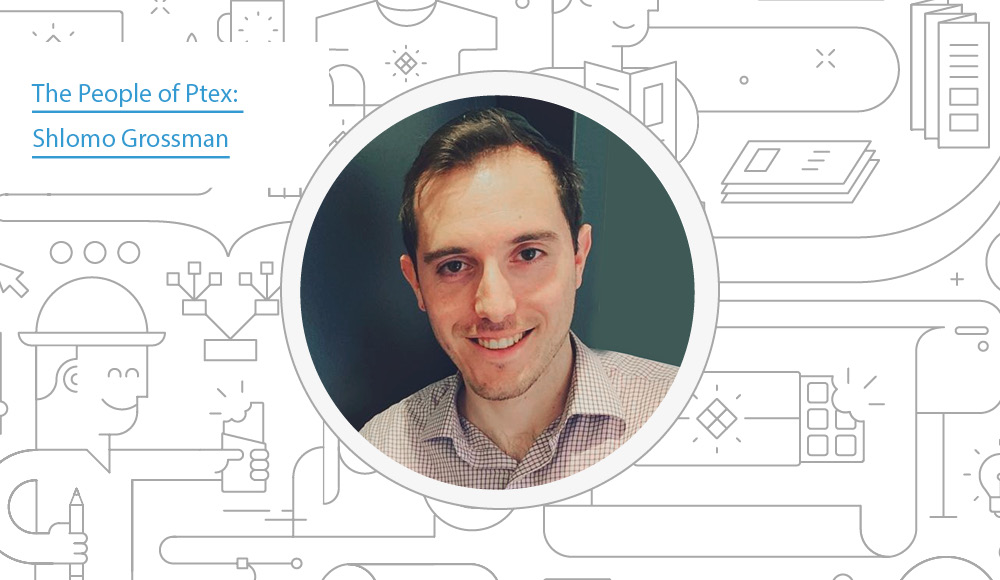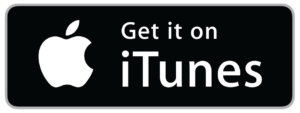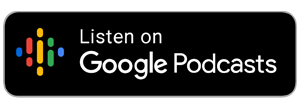Meet Leiby.
Leiby’s the man behind the Ptex Office and Call Center (which will hereby be referred to as the “Call Center” for short), where he manages a team of rockstar customer service representatives answering phones for a gamut of businesses—from electricians to online clothing companies to travel agencies to seasonal products to nonprofit campaigns. (It’s like having the convenience of a local customer service staff without having to hire and manage them—or having to fly to the Philippines to see if they actually exist.)
I sat down with Leiby to talk about the secrets to the call center’s success, some of his passions outside of work, the journeys that led to his current role, and what he loves most about running the phones for businesses around the world.
So, I want to start out with something unrelated to phones and customer service. A little known fact about you is that besides being an awesome manager and systems expert, you’re a musician. I first learned this after a very special Havdalah ceremony you led at the Ptex Group Shabbaton a couple of years ago. Rumor has it you played in a band that once performed at the historic Anshe Slonim (Norfolk Street) Synagogue on the Lower East Side. What role does music play in your life these days?
Yes, I play the electric guitar. I used to play in a wedding band, but today, I get my weekly dose of music from the Shabbos minyan each week I help run as part of the shul that I co-founded, The Shtiebel. I can confidently say that it’s the best singing Shabbos minyan in the world. We get people from literally all over the world coming to visit, to be uplifted, to hear the gorgeous melodies. For eight years straight, we have always had at least one new face show up every Friday night for Kabbolas Shabbos—and I’ve been closely keeping track.
Do you think it’s important for professionals to have some kind of musical or creative outlet?
Absolutely. We all need to have some way to bring out those emotions and energies that don’t otherwise have an opportunity to come to the surface. Personally, I have always felt like the world is at my fingertips when I can just be myself and sing at the top of my lungs with my guitar in hand. I’m a big believer that having a creative outlet in our lives allows us to excel in all other parts of our lives.
What did you do previously before you became the head of the Call Center?
I’ve had so many different jobs before I came to the call center, and all of them gave me valuable insights and experiences I still benefit from today. I was working for a suit wholesaler (I built out a CRM system for the company when that technology was still in its relatively primitive stage.) I’ve been a commercial photographer, taking product photos for companies like Oh! Nuts. I’ve played in a wedding band, as I mentioned. I even worked as a driver. At one point I juggled four jobs at one time, which was a pretty crazy time in my life.
Wow. What’s the biggest thing you’ve learned from trying your hand at so many different types of work?
I was a jack of all trades but a master of none, and I realized that if I were to focus 110% of my energy on just one thing, then I would be able to make a great living. When you give something your all, rather than dividing your attention and trying to do it all, you can advance extremely quickly to the top of your field.
Which of those jobs taught you the most?
The one that taught me the most was also the least “prestigious” of them all—being a car service driver. I gained such a deep understanding of people and got a real glimpse into their lives. I was surrounded by many drivers that were very bitter and angry, so I went out of my way to be as kind and helpful as possible, open the door, help them with their bags, put the stroller in, etc. I never asked or expected anything in return. Before I knew it people would call and specifically ask for me. It was difficult for me to leave that job. I learned that focusing on giving as opposed to getting is extremely rewarding—emotionally, spiritually, and monetarily.
What brought you to the Call Center?
It was 2011. I was in the market for a new job when a mutual friend reached out to me that Ptex was looking for someone to manage the Office & Call Center—one of four divisions in the company. He asked if I knew someone suitable. My answer: yes, me! I walked into the interview and was immediately smitten; I loved the Ptex culture—it was accepting and collaborative and team-oriented, not aggressive or competitive like many other companies I interviewed for. I felt the job would be a great fit for my skill set and personality, and that I would have the support I needed to succeed.
How would you describe your skills and personality?
I enjoy connecting to people and love understanding how businesses operate. One of my favorite parts of my work is when I discuss interesting customer service scenarios with my team and brainstorm how we can address them. There’s a lot of psychology involved, understanding people’s behaviors, and the different types of calls and customers that each season brings.
What’s the origin story behind the Call Center—why was it created?
I wasn’t yet working at Ptex at that time of course. But the story goes that we had a client for whom we’d just completed a big design and printing project. But when we called the number on the brochure, the phone rang about twelve times, followed by the sounds of rushing trains and noisy subway passengers. After someone finally said, “Hello?”, the line went dead. Far from the white glove treatment. So we immediately offered them our existing secretaries as a temporary solution after which a light bulb went off. We realized that if our mission was to help growing businesses flourish, then beautiful design and marketing can only take a person so far. You need to be there for your customers when they call.
Right, and most people who reach a voicemail will just hang up and call the competition.
Exactly. That’s why we strive to answer every call within 30 seconds. A missed call is a missed opportunity.
I would imagine business owners might be hesitant to outsource a task like answering phones. Often they’re nervous that the person picking up the phone may not communicate the way they would, or someone in their company would. What do you see as the biggest benefit of the Call Center?
I think that there are a lot of time-strapped organizations, businesses and solopreneurs out there who have a large volume of calls coming in from potential clients and donors, and their biggest challenge is efficiency—how do they handle those calls in the most effective, efficient way while taking up the least amount of their time? We’ve found that consistency is the number one driver of efficiency, so that’s exactly what we offer.
What do you mean by consistency?
Each of our clients has their own dedicated line, and every call for that client is answered, the same way, every time, with the same results, whether it’s taking a message, making a sale, answering a question, or solving a problem. So, for less than the price of one in-house employee, who can only handle one call at a time, we provide our clients with a team of professionally trained customer service reps with a much larger answer capacity.
Does the caller know that they’re speaking to an outsourced customer service representative?
Never. We go to great lengths to build close relationships with our clients and understand their values, their brand, and the practical details of how they want their calls handled. We have quite an advanced internal system that makes the protocol for each client very clear and easy for our reps to follow. Every protocol is unique, and our reps are trained to know how to properly handle every call to each client’s specifications.
For example?
For example, we have a different greeting script for each client, a different protocol for what reps say and do while handling the call, when and how to transfer calls, what questions our reps can answer versus which ones they ask the client, and so on. Some of this our system takes care of automatically, and some of it is done manually by our reps, but everything is overseen by a team that does this day in and day out and really understands the art and skill of customer service. Then, of course, we review every client’s process with them regularly to see what’s working and what needs to be tweaked.
What’s the most rewarding part of the work you do?
I love getting a real close-up glimpse into many different companies and how they operate. It gives us an incredible amount of knowledge on what makes business processes succeed. The most rewarding part is being able to analyze this data to identify caller patterns and implementing small changes that produce significant results for our clients.
What quick tip can you share for delivering awesome customer service?
If you don’t already, business owners should periodically (but consistently) take calls from customers themselves. This will accomplish a few things:
- Allow you to identify trends and possible problems that you should be aware of
- Keep your finger on the pulse of your clients’ needs and how you can improve your product/service
- Make customers more connected to your business. It feels great speaking to the boss himself.
What’s your favorite quote?
“No sooner do I conquer a bad habit than I become the biggest critic of anyone who still does what I just stopped doing.”
Favorite book?
Recently, I read and loved Howard Schultz’s book, Onward.
You can follow Leiby on LinkedIn here, or you can contact him at lbeilus@ptexgroup.com.



